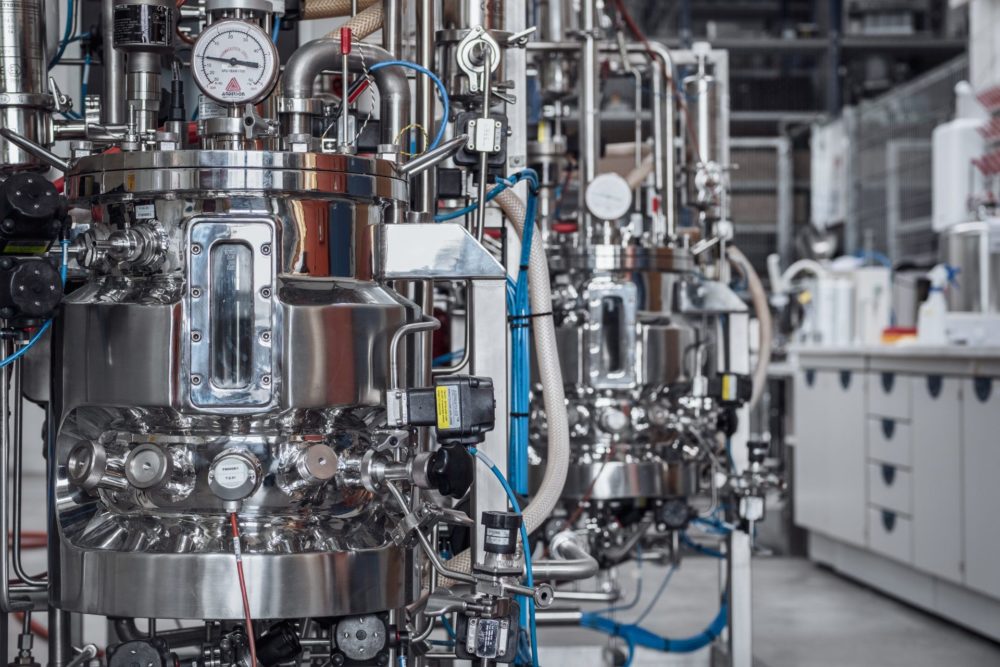The number of companies working on bio-based inputs for the ag industry appears to be growing by the day. But not all solutions coming onto the market are created equal, according to Evologic Technologies CEO Wieland Reichelt.
“There are so many snake oil products being sold. [When] we try to buy competitors’ products, there is usually no response to our request,” he tells AFN.
“Every product we do analyze is really disappointing in terms of what it really contains.”
Evologic’s goal is not to bad mouth the competition, Reichelt hasten to add. It’s more about preserving the integrity of the nascent bio-input industry. If a product only achieves a meager percentage of the results it promises on the package, it could seriously injure farmers’ interest – and trust in the bio-based inputs as a whole.
“I absolutely understand why farmers are skeptical and that’s the reason we decided to go through larger distributors. Not because we want to have an intermediate, but because we want them to act as a threshold or quality check for the products that we put on the market and to hold true on their promises,” Reichelt says.
Vienna-based Evologic today announced a €2.5 million ($3.06 million) funding round led by Germany’s ASKUR Invest. Also participating in the round were RWA Invest, a subsidiary of agricultural distributor Raiffeisen Ware Austria (RWA); BayWa Venture, the VC arm of RWA parent BayWa; and Austrian grain handler Mauthner Bio.
Before setting its sights on the agriculture industry, the Austrian startup — which was founded in 2016 at the Vienna University of Technology — developed bio-processes for the pharmaceutical industry focused on increasing productivity.
“[They weren’t] keen on adopting new technologies upstream, so a certain level of frustration kicked in and we said, ‘Well, maybe somebody else cares’ – and we changed markets,” Reichelt explains.
Evologic then turned its attention to replacing synthetic chemicals in agriculture with biologicals. It’s starting out with biostimulants — soon to be followed by biopesticides — by tapping into naturally occurring symbiotic fungi that can maximize nutrient efficiency in the field.
The startup uses a process called ‘pseudo solid state fermentation,’ which can produce a large number of relevant fungal species in a cost-efficient and scalable way without contamination or substrate residues.
Cracking the manufacturing problem
It can take a lot of negotiating to convince an investor to invest in a bioreactor, Reichelt says. Being able to demonstrate efficiency and effectiveness at scale requires access to a large enough reactor – but being able to afford the kit requires a proven value proposition. This creates something of a chicken-or-egg predicament for startups like Evologic that are using fermentation techniques.
Fortunately, Reichelt and his team came up with a strategy to overcome this hurdle.
“By opening the scope to a broader range of filament fungi, and starting contract work and service work, we were able to deliver several proofs of concepts,” he says.
Evologic will use the funding to start manufacturing its in-house products at industrial scale, allowing it to meet demand from its international customer portfolio.
“Because they are large distributors, they won’t start marketing a campaign unless there is volume available,” Reichelt says.
“On the downside, the ability to start making revenue is delayed. But the upside is that once we are in the market we can be pretty sure that the demand is going to be stable – and that we won’t be limited by access to market because we can basically plug into the largest distribution networks in central Europe.”





